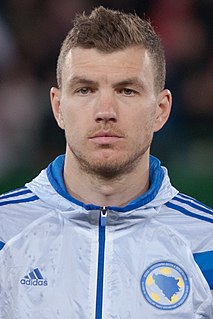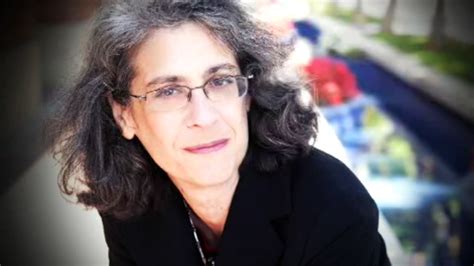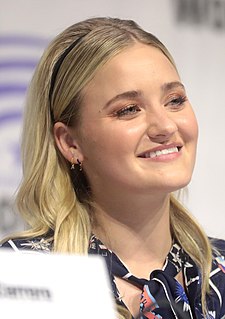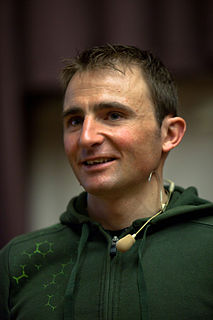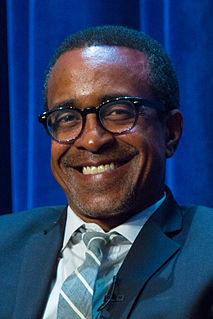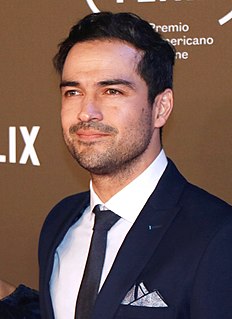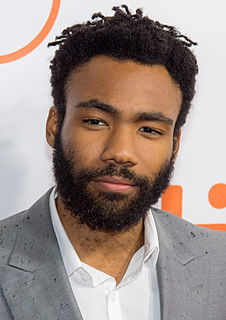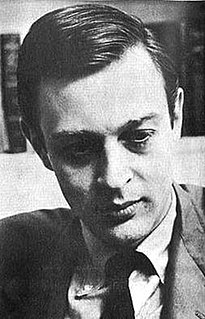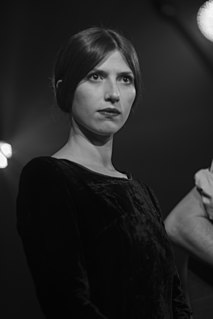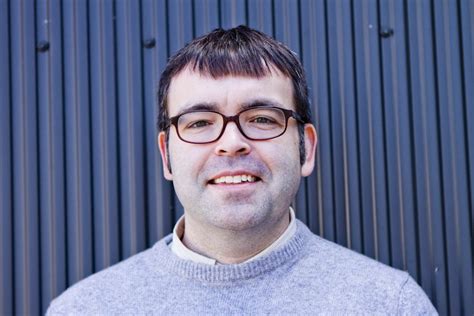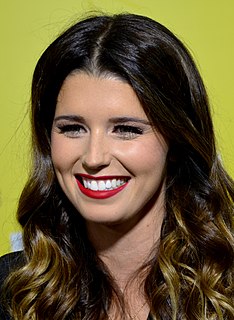A Quote by Edin Dzeko
To be honest, I don't feel like I am able to say that I had a childhood, not in a way normal kids my age had. I had something that was specific to Bosnia in '90s, something I call a period of survival.
Related Quotes
I feel for young people today. When I came out of law school, yes, we were broke, we had kids, we had problems. But it was straightforward. I didn't have to say, "My God, I am $80,000 in debt, I have to get a job, I have to pay it back, my life is ruined otherwise." We were able to go forward and work toward building something new, and that's what we did. Today many lawyers are unable to feel free to be advocates.
When I made my way across childhood to the tinny AM radio, it was dark. Lights out. I listened intently. More intently than I ever had before. Something was speaking to my unformed-ness like a long lost friend. Something that I had never met but forgotten nonetheless. I was 'realizing' that music was 'different' from other things in life.
I didn't like what was on TV in terms of sitcoms?it had nothing to do with the color of them?I just didn't like any of them. I saw little kids, let's say 6 or 7 years old, white kids, black kids. And the way they were addressing the father or the mother, the writers had turned things around, so the little children were smarter than the parent or the caregiver. They were just not funny to me. I felt that it was manipulative and the audience was looking at something that had no responsibility to the family.
To evoke the classic period of Italian cinema in a little film seemed like a great, fun thing to do. I had relations to that period. I had known Fellini and I had known Antonioni. I had made a movie with Antonioni and I had visited Fellini in his studios. So, it seemed like something worthwhile doing. You bring yourself to that mythical cinema.
We had a teacher, named Mr. Brown, and he was writing something on the board once - he was writing something on the board, and he farted. And you would have thought kids had seen the face of God. Kids weren't even laughing; they were just sitting there screaming, just screaming. Kids had to get carted out; kids were screaming. Kids had to get carted out, and they were going to the nurses' office. Kids are crying in the hallway. 'Oh, this is our 9/11.' And it was. It was their 9/11 'cause they never thought anything like that could ever happen.
She was calm and quiet now with knowing what she had always known, what neither her parents nor Aunt Claire nor Frank nor anyone else had ever had to teach her: that if you wanted something to do something absolutely honest, something true, it always turned out to be a thing that had to be done alone.
Looking back, I can genuinely say that I am truly grateful that my parents sheltered us from the public eye. This may sound like an easy task, but it was probably the hardest thing they had to figure out as parents - how to give their kids a normal childhood even though they were always in the spotlight.
